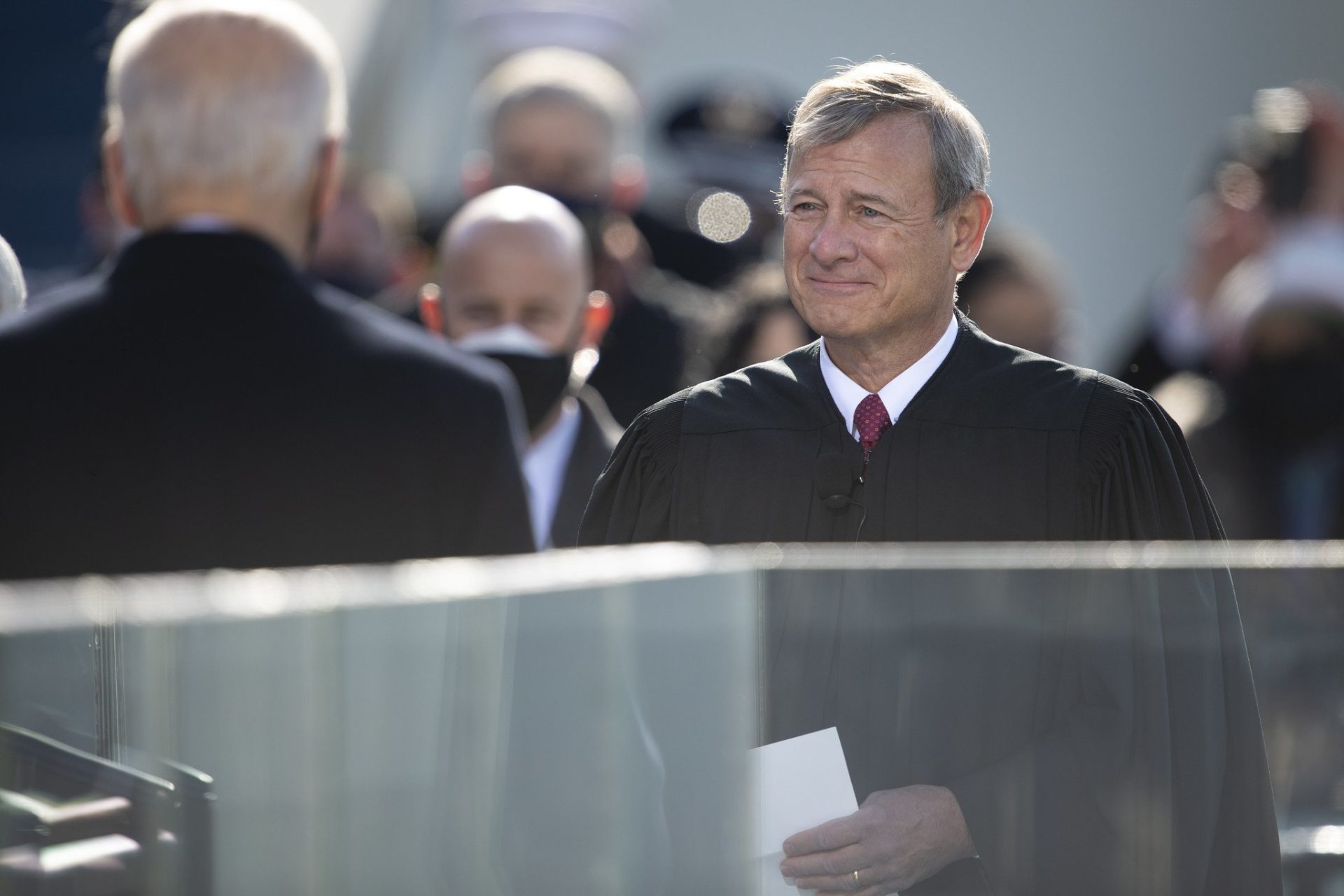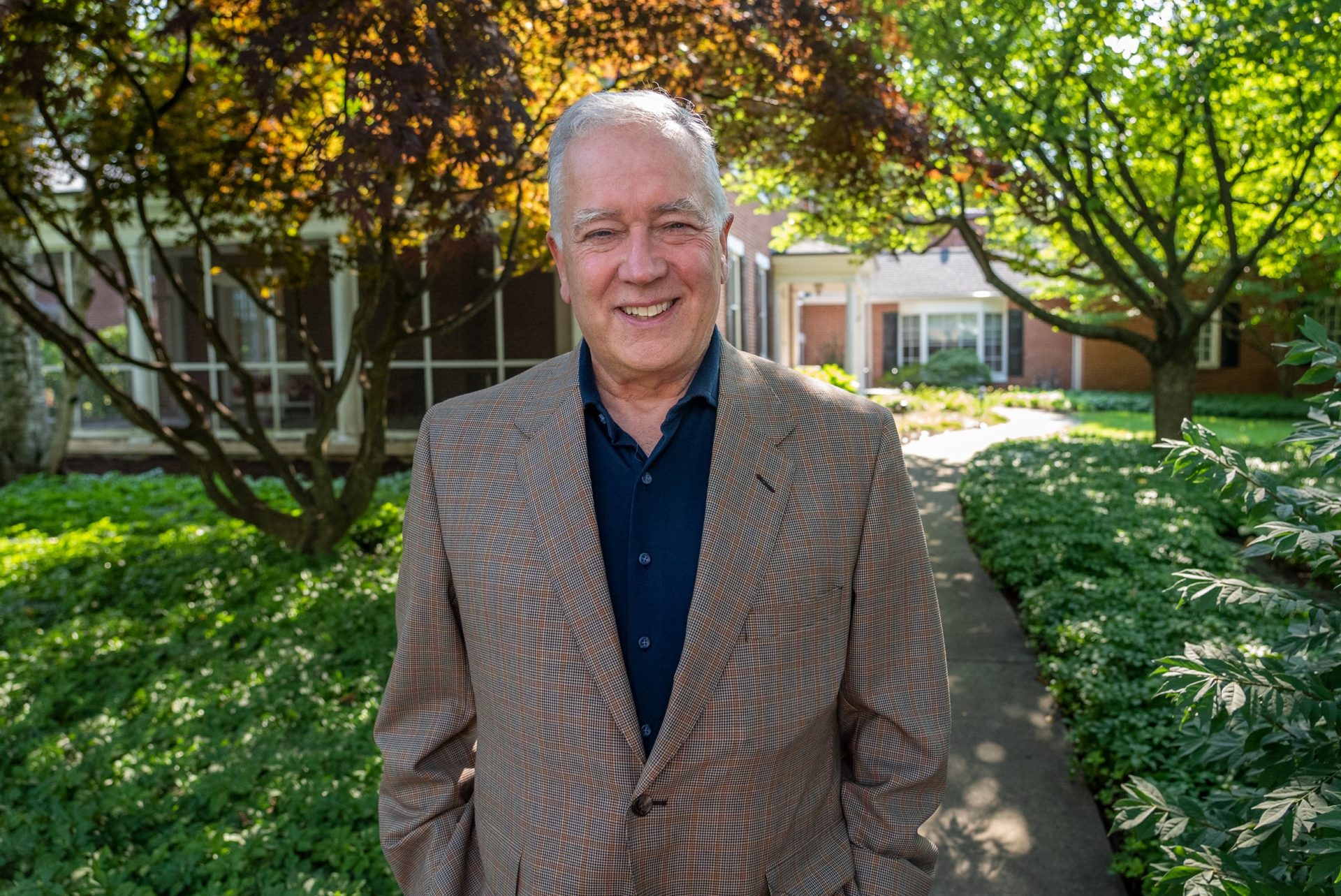
Today, in legal and political circles both in Washington D.C. and across the country, the predominant parlor game is trying to determine who leaked Justice Alito’s draft opinion in the Dobbs v. Jackson case. Speculation is running rampant, suspected motives are being proffered, and intrigue abounds.
An ancillary topic is how this leak will affect the Supreme Court as an institution. This is a significant question because this disclosure is unprecedented in the annals of the Court’s history. While there have been leaks from the Supreme Court in the past regarding how a decision is going to turn out or how a justice changed their mind on a ruling, never before has a fully-formed draft opinion been compromised to the press. It is a terrible breach, and one that violates the sacred obligation that chambers’ staffs have which can be summed up by the phrase “what happens in chambers stays in chambers.”
As an individual who was privileged to serve for almost 20 years on the federal bench, including as the chief judge of the Middle District of Pennsylvania, the foregoing issues are of great interest to me. Happily, I never suffered the kind of traitorous act this public dissemination of a draft opinion represents. But as a former federal judge, I confess that my thoughts are centering on Chief Justice John Roberts. I believe that the Chief Justice is likely experiencing the worst week of his judicial career. I also fear that matters could evolve in a way that will make the Chief’s life even more miserable.
Chief Justice Roberts’ reputation as an institutionalist is well known. He clearly loves the traditions and history of the Supreme Court. The Chief has a firm view of where the Third Branch should fit within our system of government, and he spent his entire tenure ensuring that the prestige and reputation of his court remain protected.
This has hardly been an easy task. The Chief recognizes what Alexander Hamilton said in Federalist No. 78, as he pondered whether the judiciary would be the least dangerous branch of government. There, Hamilton said; “The judiciary…has no influence over either the sword or the purse; no direction either of the strength or of the wealth of the society; and can take no active resolution whatever. It may truly be said to have neither force nor will, but merely judgment.”
Today, even the Chief Justice might be constrained to admit that Hamilton’s words ring hollow and do not at all represent how people view his court, not to mention the entire Third Branch.
It is important to note that I and nearly all my federal judicial colleagues have liked and admired the Chief Justice immensely. In addition to being an institutionalist in the best sense, he has been an advocate for the federal judiciary and its judges at all levels. His support of the Third Branch is legendary among jurists, and it would not be wrong to say that he is beloved for the great work he has accomplished.
But today, despite all his work, Chief Justice Roberts faces almost unimaginable challenges. The public’s view of his court, and likely the entire federal judiciary, is jaded. The feeling among many that judges are simply politicians in black robes is rampant. I am terribly concerned for the treasured Third Branch in which I served, but even more so for the good and dedicated man who presides over it. He has his work cut out for him, and I hope that the associate justices will take a step back and realize that there is much work to do to restore the credibility of the judiciary.
Sadly, the Chief Justice cannot accomplish this alone. I fervently hope that he will have assistance in digging the Court out of the hole it has created. Its very viability as an institution depends on it.

John E. Jones III
John E. Jones III ’77, P’11, was officially named the college’s 30th president on Feb. 28, 2022. He was named interim president of Dickinson in summer 2021.
After taking the helm, Jones immediately launched the Dickinson Forward: Our Revolutionary Future initiative and established a task force that developed key recommendations for a balanced budget in the years ahead. He commenced a strategic planning process and kicked off our most ambitious scholarship fundraising campaign ever. In the meantime, Dickinson attracted its largest applicant pool in its history, and we are on track to have one of our largest fundraising years ever.
Jones retired as chief judge of the U.S. Middle District Court of Pennsylvania. He was appointed to the federal bench by President George W. Bush and unanimously confirmed by the United States Senate on July 30, 2002.
Jones has presided over a number of high-profile cases. In 2003, Jones struck down portions of Shippensburg University’s speech code on the basis that it violated the First Amendment’s free speech guarantee. In that same year, Jones ruled in a decision later affirmed by the United States Supreme Court, that the U.S. Department of Agriculture’s statute assessing milk producers in order to fund advertising, including the Milk Mustache/got milk® campaign, did not infringe the free speech rights of the producers.






